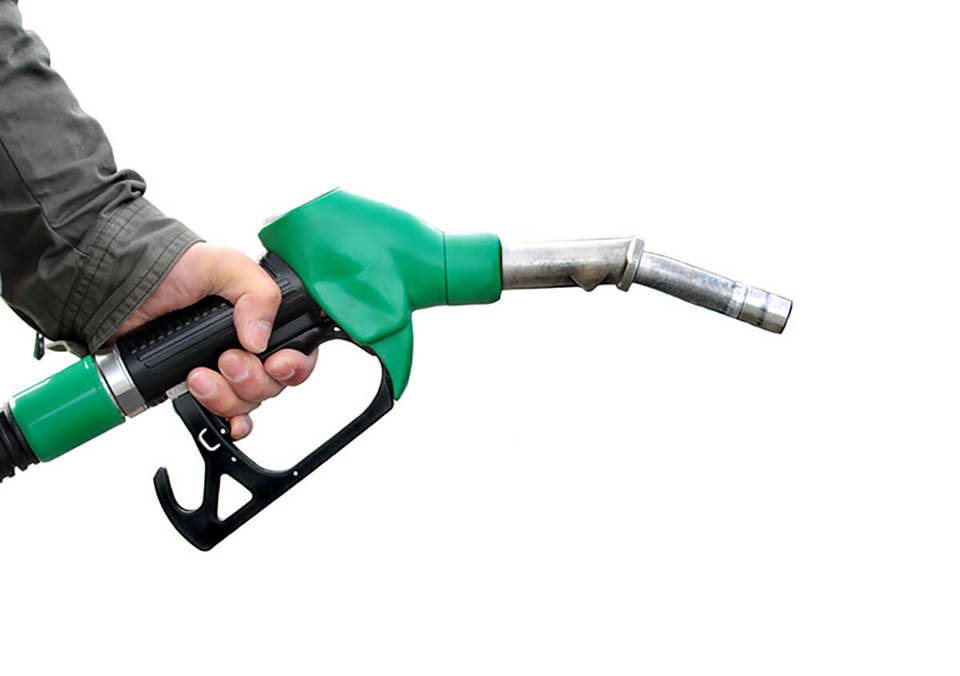Is it time to go back to petrol?
With the gap between the value of an ex-fleet diesel car and an equivalent petrol model narrowing, fleets must consider whether it is still wise to default to diesel when specifying new models.
According to Lloyds TSB Autolease and Lex, more than 80% of their combined fleet of 371,000 vehicles is now diesel.
LeasePlan has similar figures – 78% of its fleet is now diesel, a rise of 2% on 2007.
But the logic of this is now in question.
While diesel offers better economy, the premium charged by manufacturers over a similar petrol model means a fleet driver has to cover a significant number of extra miles to recoup the initial outlay if it is an outright purchase vehicle or the additional monthly charge levied by the lease company to cover that initial diesel premium.
In addition, with diesel costing some 10p per litre more at the pumps, payback time does not appear until the car has covered significantly more miles.
Now, with the likelihood that less and less of that front-end premium will be recovered at disposal, the viability of sticking to diesel becomes more questionable.
According to the latest BCA data, ex-lease diesel cars enjoyed a substantial price premium over petrol throughout 2008.
However, since the start of the year, that premium has almost halved.
This means an ex-fleet diesel car is now achieving just 11% more at auction than a petrol equivalent.
The popularity of diesel across fleets and private motorists has been growing rapidly.
Last year, there were more diesel cars registered to fleets than there were petrol-powered cars.
According to the Society of Motor Manufacturers and Traders, of the 1,239,536 cars registered to businesses and fleets in 2008, more than 634,000 – 51.2% – were diesels.
This was a similar figure to 2007, when fleets registered 1,358,200 cars – 638,325 of which were diesel.
This is because advances in technology have made diesel engines far more economical than petrol and, with the resultant lower CO2 emissions, certain diesels (sub 120g/km) are cheaper in BIK tax as they avoid the 3% diesel supplement.
As a result, fleets have been buying more diesel cars.
Overall last year, diesel market share reached an all-time high of 43.6%, up from 40.2% in 2007 and more than three times the 2000 figure.
This is leading to a possible over-supply in the used car market, which is driving the fall in the premium used diesel cars are achieving at auction.
“While the premium is still significant on medium and large cars, it is much less on small cars,” confirmed Simon Harris, consumer editor at Parker’s Price Guide.
“For example, traders will pay about £300 more for a Honda Civic diesel than a petrol model at three years old, while the premium when the cars were new was about £1,500.
"On a smaller car, such as the Citroën C1, a diesel would be lucky to fetch £100 more at auction at three years old, while the premium on these cars when new was about £1,000.
“The increased cost of diesel at the pumps is also off-putting for many customers.
"Diesel has settled at about 10p per litre more than unleaded petrol, which is still about £5 more per tank on a typical fill-up.
"This may change the perception of diesel as a cheaper long-term option.”
What is certain to focus fleet managers’ attention is that this is going to cost them more whatever acquisition method they chose.
The immediate impact will be felt by outright purchase fleets and those who share disposal income.
“When the information found by BCA gets picked up by CAP, it is likely that the cars will prove more expensive to lease as the wholelife costs will have increased,” explained fleet finance expert Alastair Kendrick.
“Most leasing companies consider residual values carefully and some may have already marked down the book price.”
Tony Gannon, BCA communications director, said that as fleets had registered increasing numbers of diesel cars, it was tempting to suggest that used fleet diesels will continue to get cheaper.
“However, if motorists follow the lead set by fleet operators – as they inevitably do – we could see increasing demand for used diesels matching the rising supply of stock available to the market,” he said.
The other view
CAP says there has not been a major change in used diesel premiums. “In some cases there has been a reduction while in others a slight increase has taken place,” said spokesman Mike Hind.
A used Ford Mondeo 2.0 TDCi LX has seen its value rise by £50, but a used diesel Volkswagen Passat has seen a fall of £250.
“Used car buyers remain sufficiently convinced of diesel’s benefits to ensure there is no comparative oversupply,” said Hind.
“The economic case for diesel in the used market remains very strong, despite the doubts that have been cast with claims that unfeasibly high mileages are required to cover the initial premium cost.”














Login to comment
Comments
No comments have been made yet.